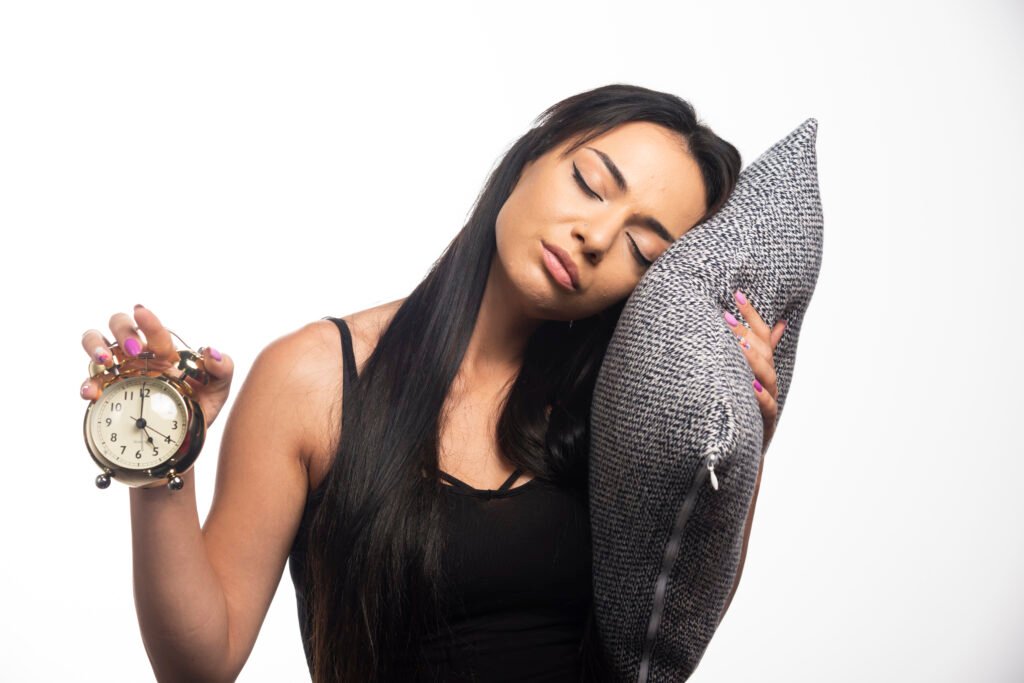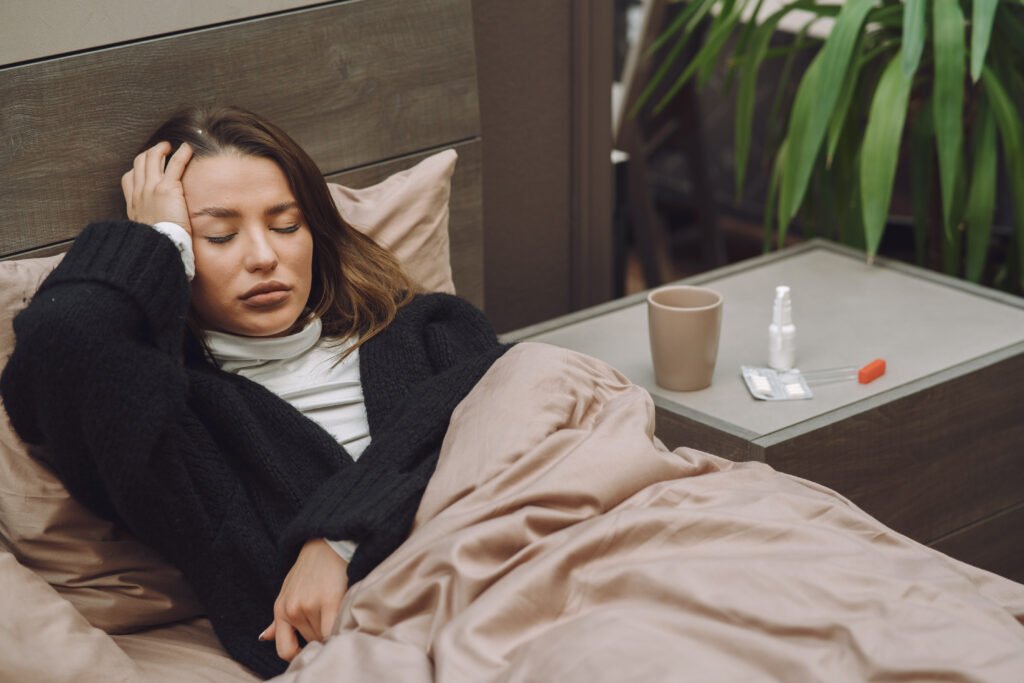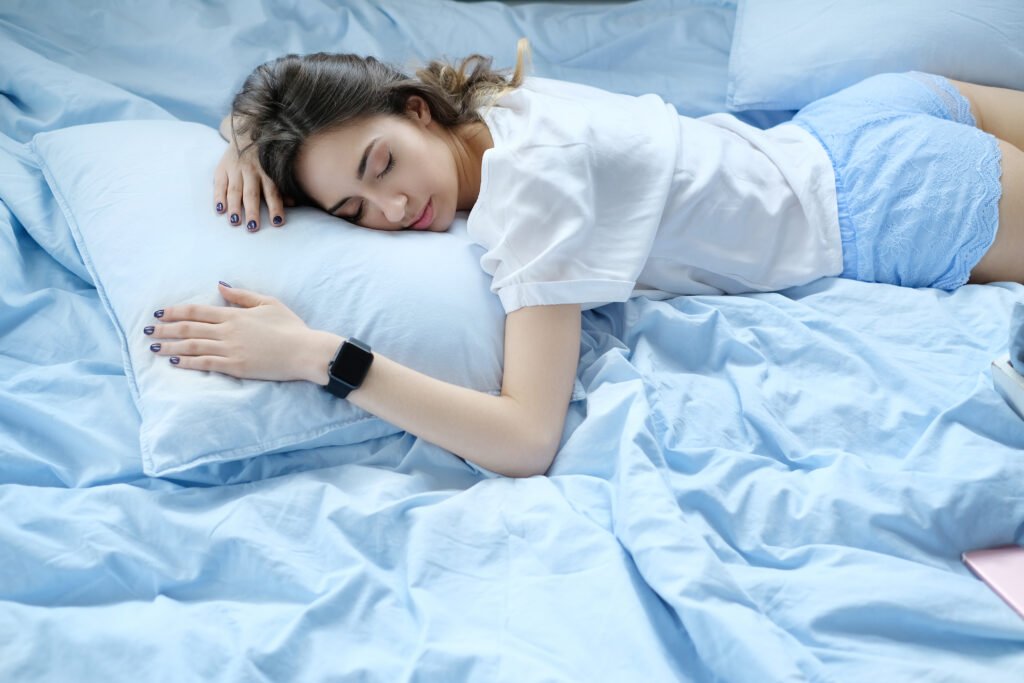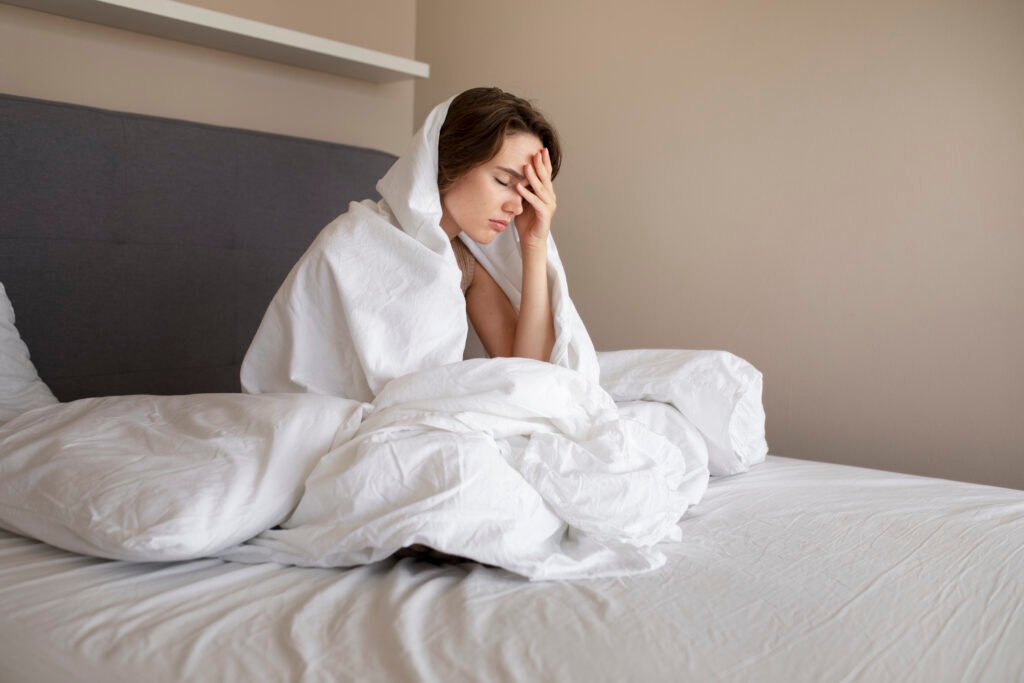How many hours of sleep do you need per night on average? Most healthy people should get at least seven hours of sleep per night, according to guidelines.
These are suggestions, not rules. According to Eric Zhou of the Harvard Medical School Division of Sleep Medicine, some people may require less than seven hours of sleep, while others may require more.
Do you need more or less sleep time?
We understand that, even if you feel sleepy unless you get eight or nine hours of sleep per night, you know people who say they only need five. Individual differences are primarily caused by the erroneous perceptions we typically hold regarding sleep.
Zhou said that, in addition to tracking the hours we sleep each night, we should consider the quality of our sleep.
Your sleep quality refers to how well you sleep at night. Were you able to sleep through the night? Or was there ever a time when you awoke? If so, did you have trouble falling asleep? How did you feel when you awoke?
Zhou says that you should be less worried about the specific amount of sleep you get if you wake up feeling refreshed and ready to face the day.

How does sleep quality affect your health?
The quality of our sleep has an impact on our overall health. Inadequate sleep has been linked to an increased risk of diabetes, heart disease, stroke, and mental health issues such as melancholy and worry, according to research.
That is not all. According to Zhou, not getting enough sleep might make it difficult to enjoy life and increase daily fatigue.
People’s sleep patterns, however, do change from time to time. According to Zhou, sleeping in their 50s and 60s will not be the same for many people as it was in their 20s.
Many of these changes are influenced by age. Natural interruptions to your circadian rhythm, for example, may occur over time. The circadian rhythm regulates many bodily functions, including our sleep-wake cycle. Slow waves result in less deep, rejuvenating sleep for people each night.
As we age, our bodies create less melatonin, the hormone that promotes sleep. As a result of these changes, we may begin to wake up earlier than we did when we were younger, or we may wake up more frequently during the night, explains Zhou.


How can you track sleep quality?
What are some of the possible causes of your poor sleep quality that you might investigate further? One way is to keep a sleep journal in which you track and document your sleep.
Keep a daily journal of when you go to bed, how long it takes you to fall asleep, whether you wake up during the night, and, if so, for how long and when you wake up. Observe how you feel when you wake up and at the end of the day.
After a week or two, she recommends evaluating the data to see if you can notice any patterns that may be influencing the quality of your sleep and, if so, make the necessary adjustments.
For example, if you have trouble falling asleep, consider staying up half an hour later than usual while keeping your wake-up time the same.

The bottom line on getting restful sleep
Consult your doctor if, despite taking all of the advised precautions, you still wake up tired. By doing so, you may be able to rule out diseases such as sleep apnea or acid reflux, both of which can cause trouble falling asleep. Multiple drug use, loneliness, anxiety, and depressive states, as well as environmental factors such as exposure to light, noise, and temperature, can all have an effect on your sleep quality.

